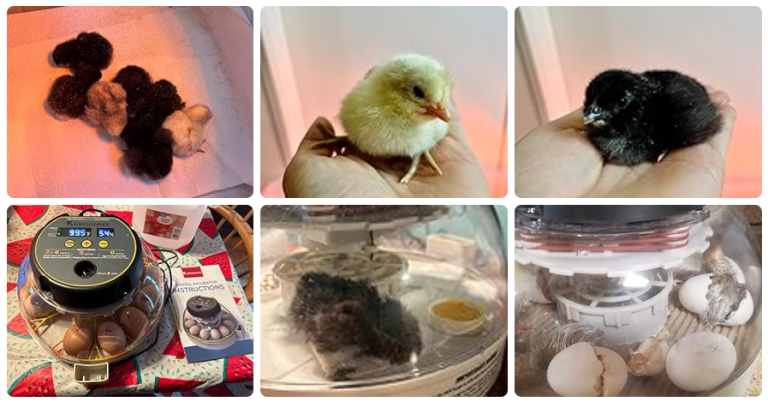Can Chickens Eat Apricots?
Yes, chickens can eat apricots! However, there are a few important considerations to keep in mind to ensure that apricots are a safe and healthy treat for your flock. Let’s delve into the benefits of feeding apricots to chickens, how to prepare them, and some tips for incorporating them into their diet.
Nutritional Benefits of Apricots for Chickens
Apricots are packed with nutrients that can be beneficial for chickens:
- Vitamins A and C: Boost the immune system and support overall health.
- Potassium: Supports heart function and muscle health.
- Fiber: Promotes healthy digestion.
- Antioxidants: Protect cells from damage and boost overall health.
How to Feed Apricots to Chickens
While apricots are safe and nutritious, there are a few precautions to take to ensure they are a healthy addition to your chickens’ diet.
Moderation and Balance
Apricots should be fed as an occasional treat, not a staple. Chickens should primarily consume a balanced diet of formulated chicken feed.
Preparing Apricots for Chickens
To safely feed apricots to your chickens, follow these steps:
- Wash the Apricots: Rinse thoroughly to remove any pesticides or chemicals.
- Remove Pits: Apricot pits contain amygdalin, which can be toxic if ingested in large quantities. Remove the pits before feeding apricots to chickens.
- Cut into Small Pieces: Chop the apricot flesh into small, manageable pieces to make it easier for chickens to eat.
How Often Should You Feed Apricots?
Apricots should be given as an occasional treat, no more than once or twice a week. This moderation ensures that your chickens get a balanced diet without overconsumption of sugar.
Benefits of Feeding Apricots to Chickens
Incorporating apricots into your chickens’ diet can offer several benefits:
- Enhanced Digestion: The fiber in apricots helps with digestion, keeping your chickens’ digestive systems healthy.
- Immune Support: Vitamins A and C boost the immune system, helping chickens fight off infections.
- Overall Health: Antioxidants and other nutrients contribute to the overall well-being of your chickens.
Potential Risks and Considerations
While apricots are generally safe for chickens, there are a few potential risks to consider:
- Pits: Ensure apricot pits are removed to prevent choking and potential toxicity.
- Digestive Issues: Too many apricots can cause digestive issues if overfed, so feed them in moderation.
- Pesticides: Always wash apricots thoroughly to remove any harmful chemicals.
Comparing Apricots with Other Treats
Comparing apricots with other treats can help you see how they fit into a varied diet for your chickens.
| Treat | Nutritional Benefits | Frequency |
|---|---|---|
| Apricots | Vitamins A & C, Potassium, Fiber, Antioxidants | Once or twice a week |
| Green Grapes | Vitamins C & K, Potassium, Fiber | Once or twice a week |
| Blueberries | Antioxidants, Vitamins C & K, Fiber | 2-3 times a week |
| Watermelon | Hydration, Vitamins A & C | Once or twice a week |
| Leafy Greens | Vitamins A, C, and K, Calcium | Daily |
Fun Ways to Serve Apricots
To make feeding apricots more enjoyable for your chickens, try these serving ideas:
- Chopped Apricots: Simply chop apricots into small pieces and scatter them around the run for chickens to find.
- Apricot and Veggie Mix: Combine chopped apricots with carrots, cucumbers, and other vegetables for a varied treat.
- Frozen Apricots: Freeze apricot pieces for a refreshing summer snack.
- Apricot Skewers: Thread apricot pieces onto a skewer and hang it in the coop for a fun, interactive treat.
Final Thoughts
Apricots can be a wonderful addition to your chickens’ treat repertoire, offering a host of nutritional benefits. Remember to feed them in moderation, prepare them properly by removing pits and chopping them into small pieces, and enjoy watching your chickens relish this sweet and nutritious fruit. By providing a variety of healthy snacks like apricots, you’re supporting the overall health and happiness of your flock.


